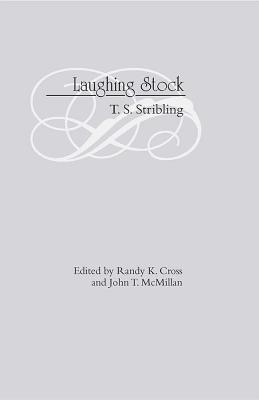I hadn’t heard of Stribling, though he was once among the most popular writers in America. I can see why. He has a dry sense of humour and knows exactly how to place a comma to add just the right lilt to his observations.
This is an autobiography but only of things he can remember, seemingly written as he remembers them. It doesn’t cover all of his life, but is focused on his childhood and early career as a Sunday School Short Story writer and later pulp fiction author. It covers the little moments, big things rarely get a mention.
There were lots of funny moments in this book, though few work well as quotes. My favourite serious quote: “Silence when one is alone is the seed of all thought; silence in company with others is the root of religion; and religion is the beautification of all thought. People who are silent together understand each other so much more perfectly than people who talk.”
Riffing on his metaphor, I submit: Silence is the soil of all thought, the seed of all knowledge, the root of all religion, the flower of true friendship, and the fruit of faithful love.
Stribling doesn’t write much about philosophy or religion, but he does observe that, “Only men of dramatic imagination become Trappist monks”, for what could be more dramatic than a deliberately unmarked grave?

